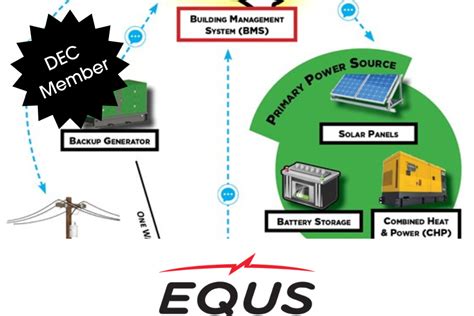The future of decentralized funding (defi) in emerging markets: Opportunities and Challenges

As the world’s population continues to urbanization and over 90% of it now live in cities, the need for effective financial systems has become increasingly urgent. In emerging markets where access to traditional banking services is often limited or non -existent, decentralized funding (defi) has become a promising solution. Defi platforms use Blockchain technology and cryptocurrencies to provide fast, cheap and safe loan, loan and commerce services for both individuals and businesses.
What is Defi?
Defi refers to a broader category of decentralized financial systems that operate on Blockchain networks. These platforms are designed to be open source, open and communal, allowing for better control of transactions and decision -making processes. The primary use cases of Defi are:
- Distributed quote : platforms such as Makerdao and compound allow users to borrow or borrow cryptocurrencies without the need for mediators.
- StableCoin Trading : Defi Protocols, such as Maker and Aave, allow users to change stablecoins such as DAI (DAI) and USDC, which are tied to a particular property.
- Original Coin Offers (ICO) : Defi platforms give new projects the opportunity to raise funds from investors while ensuring that the cuffs are created and distributed fairly.
developing markets and the rise of defi
In the emerging market, Defi has the potential to democratize access to financial services, especially for under -active populations. Countries with a large population, limited infrastructure and high transaction costs provide a unique opportunity for blockchain-based solutions to change traditional banking systems.
- The Digital Currency of South Africa : In 2020, the South African Reserve Bank (RBSA) introduced a digital currency called Fintech Token (FTC) to traditional payment methods.
- * India’s Blockchain-based quotation environment : The Indian government has launched a Blockchain-based quotation platform, Niti Aayog Digital India, to promote financial inclusion and reduce dependence on traditional banking systems.
- Brazilian cryptocurrency market : Brazil has become one of the first countries in South America, which founded its own encryption currency, Petro.
Challenges and Opportunities
While Defi is high in promising emerging markets, many challenges must be answered:
- Clarity of regulation : Government and regulatory bodies must provide clear instructions on how to implement blockchain-based systems.
- Scalability : Most Defi platforms have scalability problems due to high transaction volumes, which can lead to slower transaction processing times.
- Safety Risks
: The use of cryptocurrencies such as Bitcoin or Ethereum has natural safety risks such as hacking and phishing attacks.
Despite these challenges, there is potential in the emerging market to guide the growth and deployment to the Defi:
- Restricted Competition : In some areas, there is limited competition for traditional financial institutions, which creates a foothold for defi players.
- High transaction volumes : Emerging markets often have high levels of transaction, which effectively facilitates the handling of Blockchain-based platforms.
- Government Support : Emerging market governments are increasingly recognizing the potential and investment of Blockchain solutions in initiatives that promote financial inclusion.
conclusion
The future of decentralized funding in emerging markets is a huge promise.

